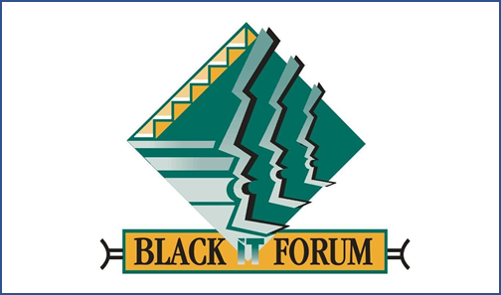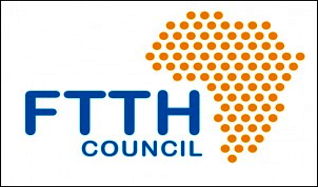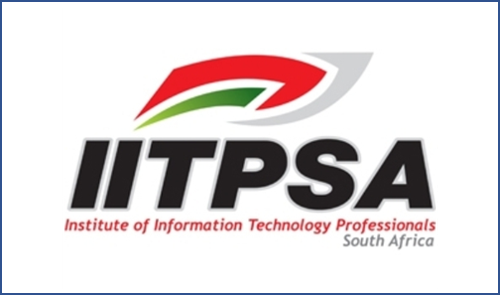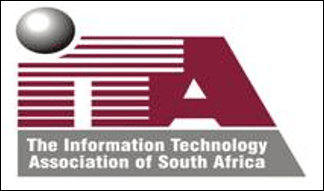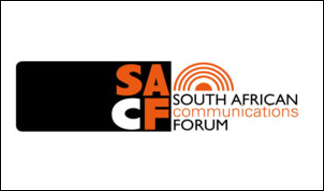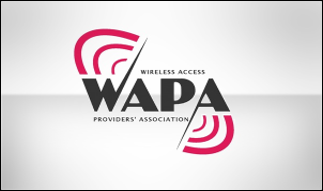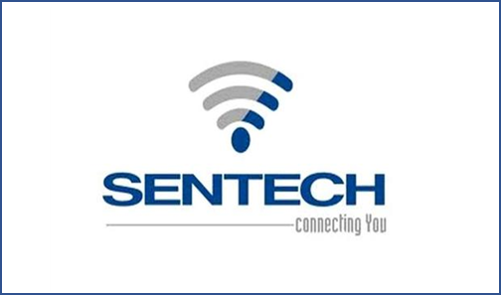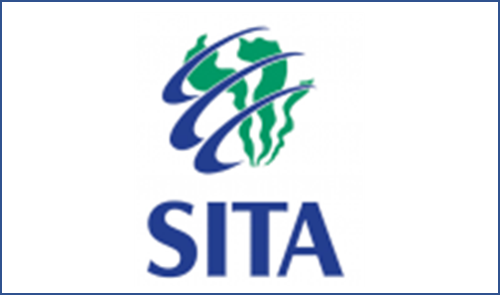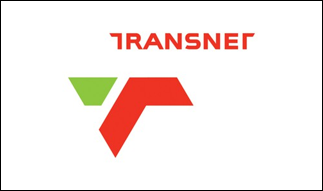SAKAN Partners: South African ICT Corporations
And yet, in South Africa today, there exists an ideological/philosophical gulf between the private and public sector ICT industries. This gulf lies at the core of the inability of the ICT industry, and Government, to deliver affordable ICT services to ALL South Africans. The SAKAN vision includes the objective of narrowing this gulf, bridging the so-called “digital divide” by seeking ways in which the private sector ICT industry’s vast financial and managerial resources can be synchronised with Government’s stated aspirations. Both the private and public ICT sectors strongly share the common desire and vision of sustainable national growth with social stability - the core value chains of both the South African National Development Plan (NDP) and the global Sustainable Development Goals (SDG) initiative. The SAKAN partnerships provide platforms for narrowing the above ideological/philosophical gulfs in the interests of the nation and all its citizens.
There are far too many active ICT operators, service providers, and intensive users of ICTs that can provide services to the poorest communities anywhere in South Africa, and still remain profitable. All that is needed is the will to intervene and develop pro-poor service delivery models. With such models, the policy and regulatory support they need will be easily forthcoming. Many of these organizations belong to a smaller number of ICT industry associations and forums as listed below. Please click on each icon to view the membership lists of these organizations, and the upper left-pointing "Return" arrow of your web page to return to this page.
To return to previous pages, please click the "PARTNERS" or the "SAKAN Site Navigation" bar to return to the list of partners.
It is useful to note the global response to South Africa’s ICT sector growth challenges – the primary reasons why the whole world, through the United Nations platforms, has classified ICTs as a catalyst for the achievement of all Sustainable Development Goals, and thus includes them in SDG 17: “Partnerships for the goals”, a classification that can be viewed as an alternative definition of ICT. It is “partnerships for sharing information and knowledge” as defined by the SDGs that SAKAN seeks to establish or reinforce.
Through intensive engagement between the Government Sector and the national ICT industry, a range of future scenarios can be developed, which will lead to improved recognition and understanding of the triple threats, and to the development of effective responsive strategies. The SAKAN initiative is one platform for such intensive engagement on how ICTs can be used to ameliorate South Africa’s triple threats, there are many others that must be utilized in collaborative unison.
The following section provides a brief overview of each ICT sub-sector, and its potential impact on South Africa’s triple threats.
 The South African ICT Dilemma: With more than 30 million South Africans living at or below ZAR 1138 (approx. US$70) per month, there is little that either the national ICT industry or the South African Government can do, under the current preferred ICT service delivery models, to ensure affordable access to ICT for development (ICT4D) by this increasingly restless community. Of even greater significance and urgency is the impact of this dilemma on the children of the poor. With an estimated 63% of the nation’s child population living in poverty, the opportunities for their development through access to appropriate information and knowledge are minimal. As the Fourth Industrial Revolution (4IR) unfolds, with its massive automation of most human activities, deep erosion of jobs and the concept of labour, and equally deep and fundamental changes in the process of education and skills development, must be expected. The future of South Africa, literally and logically in the hands of its children, will become massively uncertain unless early focussed action is taken. There clearly exists an urgency to find a way out of the national ICT dilemma if South Africa’s future sustainable growth is to be ensured.
The South African ICT Dilemma: With more than 30 million South Africans living at or below ZAR 1138 (approx. US$70) per month, there is little that either the national ICT industry or the South African Government can do, under the current preferred ICT service delivery models, to ensure affordable access to ICT for development (ICT4D) by this increasingly restless community. Of even greater significance and urgency is the impact of this dilemma on the children of the poor. With an estimated 63% of the nation’s child population living in poverty, the opportunities for their development through access to appropriate information and knowledge are minimal. As the Fourth Industrial Revolution (4IR) unfolds, with its massive automation of most human activities, deep erosion of jobs and the concept of labour, and equally deep and fundamental changes in the process of education and skills development, must be expected. The future of South Africa, literally and logically in the hands of its children, will become massively uncertain unless early focussed action is taken. There clearly exists an urgency to find a way out of the national ICT dilemma if South Africa’s future sustainable growth is to be ensured.- The national ICT industry cannot afford to provide services to South Africa’s +30 million poor citizens within their current disposable income limitations, while remaining competitive globally and locally. Nor can they raise the capital for infrastructure and services growth if they were obliged to service the poor under their current disposable income levels. The general industry consensus is that it is the national Government’s responsibility to build the entry level ICT infrastructure needed for economically unattractive communities, and allow the entry of competitive private sector entities once that local market becomes commercially viable.
- The South African Government has not stated its objections to the above industry-preferred growth model, but acknowledges its financial and skills resource limitations that renders this model impractical.
- The resource limitations of Government, under the current national and global economic climate, are unlikely to improve, and may even deteriorate further under the pressure of the socio-economically marginalized populace as they become progressively more impatient – the typical “chicken and egg” paradox, or more formally, the “causality dilemma.”
- The SAKAN initiative proposes a review of the fundamental assumptions that underpin this dilemma; a search for alternative models of development through ICT (ICT4D) that will satisfy both the Government Sector, the national ICT industry, and especially the economically deprived population of South Africa. Scenario mapping of alternative approaches as recommended by the Millennium Project, followed by a virtuous circle models of implementation as proposed by the National Planning Commission as it developed the National Development Plan 2030 (NDP), will form the basis of the SAKAN initiative as discussed briefly below.
- This SAKAN initiative suggests that the prevalent macro and micro models of economic growth that keep South Africa globally competitive, can exist alongside a strong socialist-leaning growth model that addresses the triple threats of inequality, poverty and unemployment.
- The first step towards adopting a twin free market and socialist growth model is to question the underlying assumptions of ICT service delivery:
- Is the individual access model, based as it is on individual users and therefore tariffs for individual users, the only model available?
- Is it possible to “go back to the future” of the early era of ICT development where massively shared “public call boxes” were used extensively while network infrastructure development progressed towards individual connectivity? The only change in this 21st century will be that the dial tone of yesteryear has changed to Mb/s, and soon Gb/s. Massively shared broadband providing Gb/s access to whole communities are possible.
- The case of Thailand’s “Village Wi-Fi Project” is just one of many models from which South Africa can derive useful lessons.
- A major barrier to Internet access for South Africa’s economically marginalized population is the absence of fixed broadband infrastructure, which not only enables individual high capacity and speed Internet connectivity, but also provides vital backhaul support for the growing range of wireless access technologies. This challenge applies especially to remote economically marginalized rural communities, and yet, current technologies enable such technological applications at affordable investment costs and end user prices.
- South Africa has the highest level of long distance fibre infrastructure in Africa, under the ownership of the State-owned Company (SOC) Telkom SA, but this significant nationally owned infrastructure remains largely unavailable to the 30 million economically marginalized citizens in both rural and urban areas. How can this situation be changed to address South Africa’s triple threats, especially in rural under-serviced areas? The cost of finding solutions for Telkom’s Return on Investment concerns is far less than the costs of pervasive inequality, poverty, unemployment, and the consequential rural/urban migration and potential socio-political instability.
- The near ubiquitous reach of the national electricity grid provides vast wayleave capacities for low cost broadband backhaul: Nearly all rural communities are within easy reach of the national power grid. How can this very low-cost wayleave for broadband backhaul be leveraged to halt and reverse South Africa’s triple threats? The methods and technologies have been in use worldwide for many decades, and even into the modern era: “Google Kansas City Fibre 2012”: “Medin also described how outdated pole attachment regulations can create huge delays. While hanging fibre from utility poles should be easier and less expensive than tearing up a street, regulations often get in the way”. Given South Africa’s global inequality leadership, the nation should be able to do better in the interests of its future growth with societal stability.
- Where fibre optical broadband backhaul is just not feasible, there are numerous wireless alternatives. For example, the allocation and judicious assignment of the 700MHz Digital Dividend spectrum band for point-to-point and point-to-multi-point broadband backhaul applications can reach any rural, or urban under-serviced area in the country, and allow multiple reuse of this spectrum. With the technological progress that drives the next 5G mobile world, spectrum efficiencies have reached 30bps per Hz, enabling up to 3Gb/s backhaul for massively shared broadband in any rural or urban community using this relatively small 700MHz spectrum block. SAKAN will ask the question: “What is South Africa waiting for?”
- The plight of the unconnected South African masses, especially the 63% economically marginalized children, cannot be addressed through connectivity alone – much more is needed. Access to user terminals, and the ability to maximize their usage, remains a major challenge.
- Massive access to broadband, especially by the children of the poor, demands that reliable high knowledge-delivery terminals that perform better than costly limited smart phones and similar handhelds are necessary. The learning and creativity advantages of the old fashioned PC, with its bigger screens that foster creativity and advanced learning, are being increasingly recognized worldwide.
- The mass access to broadband model promoted in this SAKAN initiative, the SA-LAN concept, addresses all the above concerns – effective shared user terminals; costs of broadband connectivity shared by many; peer-driven user skills acquisition through learning games that attract young minds; and central maintenance and support by SA-LAN owners and operators, provides an elegant solution to the ICT dilemma for South Africa’s economically marginalized children and communities.
- The Brazilian LAN House model provides an excellent example of how massively shared broadband can promote the inclusion of poor people into the modern information society: The LAN Houses were very popular up to about 2015, but are declining in numbers after successfully providing the vital technological appropriation with its digital skills acquisition to the residents of the favelas, especially the children. Brazil's "fixed (wired)" Internet penetration reached 12.5% in 2015, whereas South Africa's remained at the low level of 2.6% (ITU 2017). An excellent article, "Digital Favelas: What Cities of Tomorrow Can Learn from the Slums of Today" by Brazilian Researcher Dr David Nemer shows the chaotic yet highly effective impact of the Brazilian LAN House model on the e-skills acquisition by Brazil's poor favela dwellers.
The discussions above are merely an introduction to the many critical considerations, discussions, and decisions that are needed if South Africa is to address its triple threats through ICTs. Numerous high-level decision makers and their institutions are critical participants for the formulation of a final programme of action: the absence, or lack of participation by any one of them will most likely derail the process and lead to stagnation at best, or increasing public impatience and anti-social responses at worst. It is for this reason that SAKAN seeks such extensive partnerships: decisions by a few, based on the knowledge and experience of a few, will most likely be resisted by many. There remains an urgency to begin the extended dialogue and partnership formations, especially in this evolving 4IR world, in which the technological impacts of e.g. the 5G mobile technologies, are already under consideration by South Africa’s ICT community. Decision errors today will last for decades, retarding national growth and development at immense national costs.
